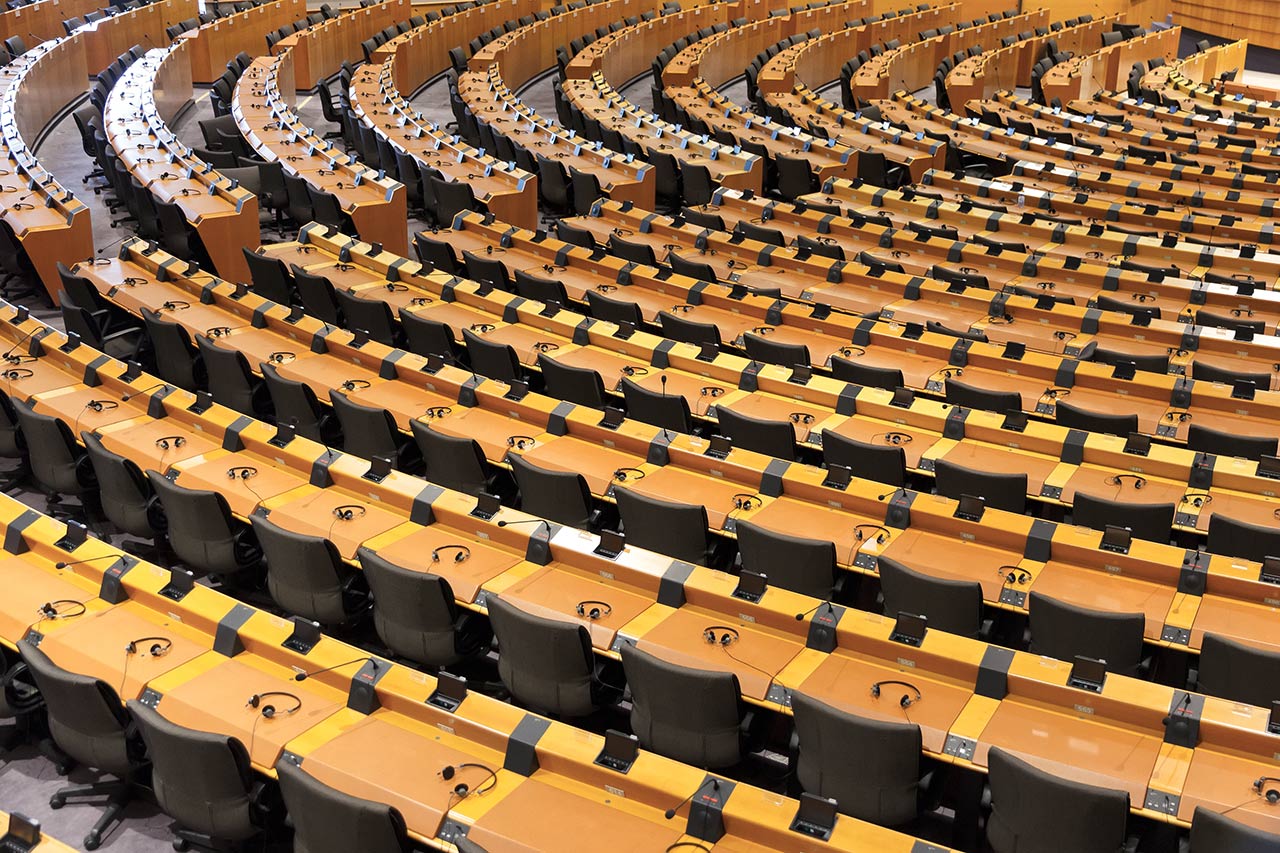The Cult of Personality
A short answer describing the cult of personality and how it can be used to maintain power.
Question
How is cult of personality created and how does it help to maintain power?
Answer
Cult of personality is a negative term use to imply a concentration of power in a single charismatic leader who controls a totalitarian state. This is emphasised by the adulation presented in the state controlled mass media resulting in a propaganda state cultivating to maintaining the status quo of rule under this one leader. It is likely that within this state the state controlled media will be used to create an extraordinary image of the leader by giving them unwavering support and praise. In these regimes it is likely the leader will celebrated for their leadership, wisdom and courage as well as many other qualities that they feel is necessary to legitimise their totalitarian regime.
The cult of personality sustains totalitarian regimes, discourage criticism of the ruler in anyway and justifies any political backtracking the ruling party may decide to make. During the 20th Century there were a high number of infamous and dangerous cults of personality, these include but are not limited to: Stalin, Mussolini, Kim Il Sung and Hitler. A cult of personality differs from the idea of hero worship as a concept as it is intentionally created around the national leader to justify their dictatorship whereas the adulation a hero would receive is not self-constructed.
As well as this a cult of personality can occasionally be associated with leaders that do not seek adoration or to control a dictatorship but simply becoming glorified by proceeding governments or the media following their time in office. Examples of this would be leaders such as Vladimir Lenin, Abraham Lincoln and Margaret Thatcher.
